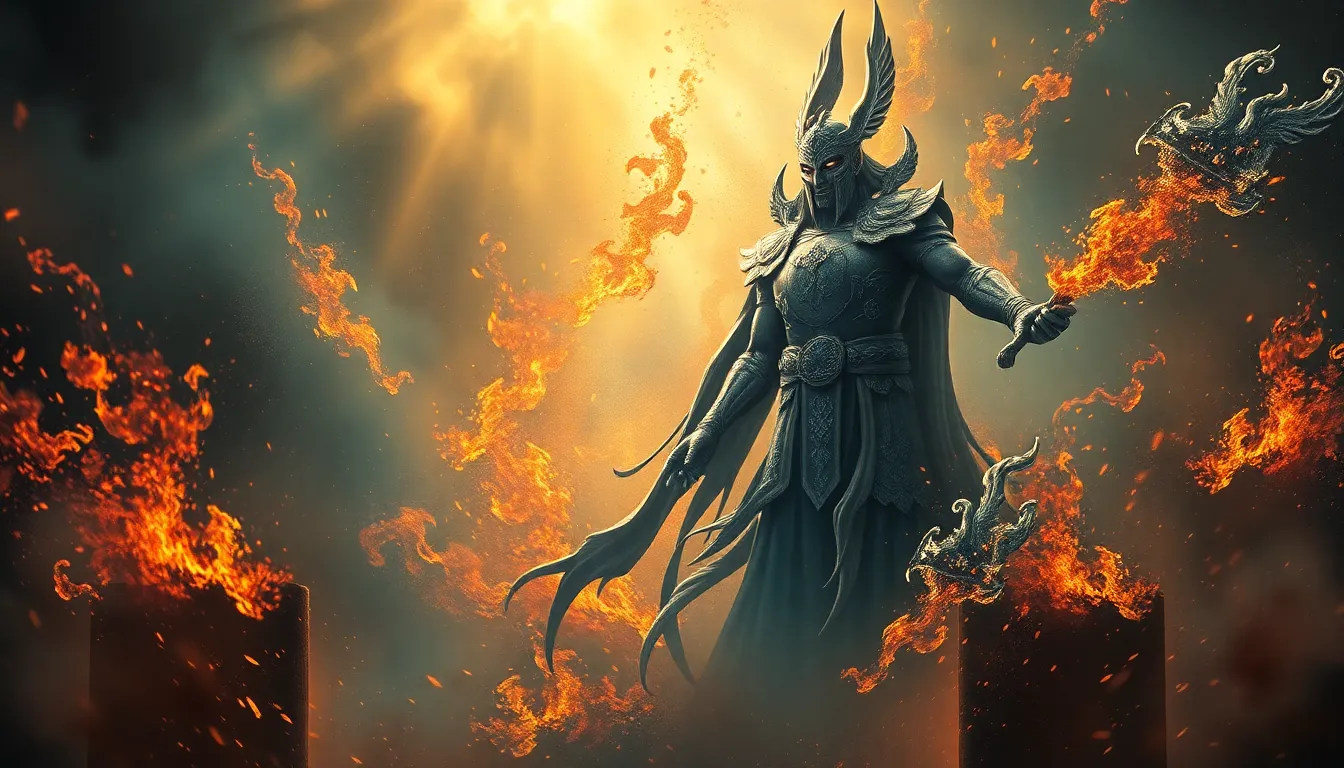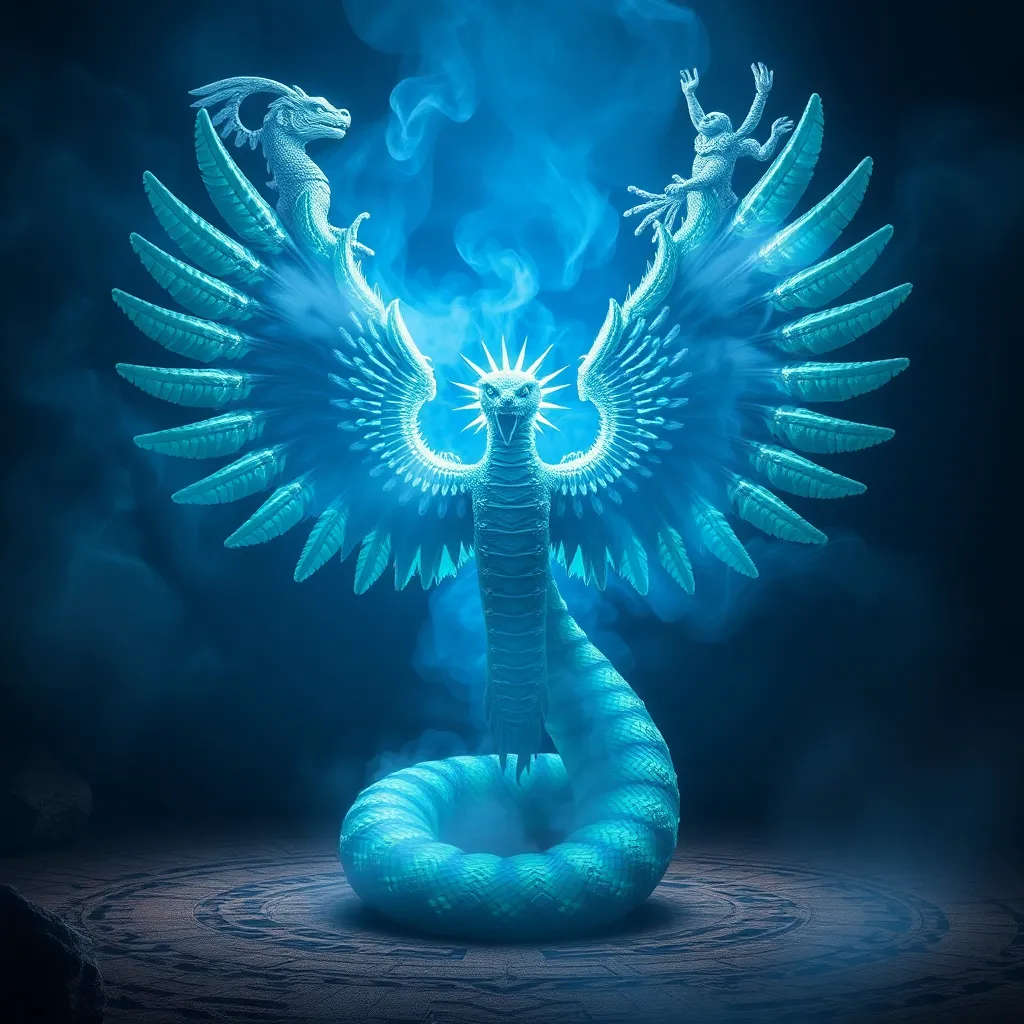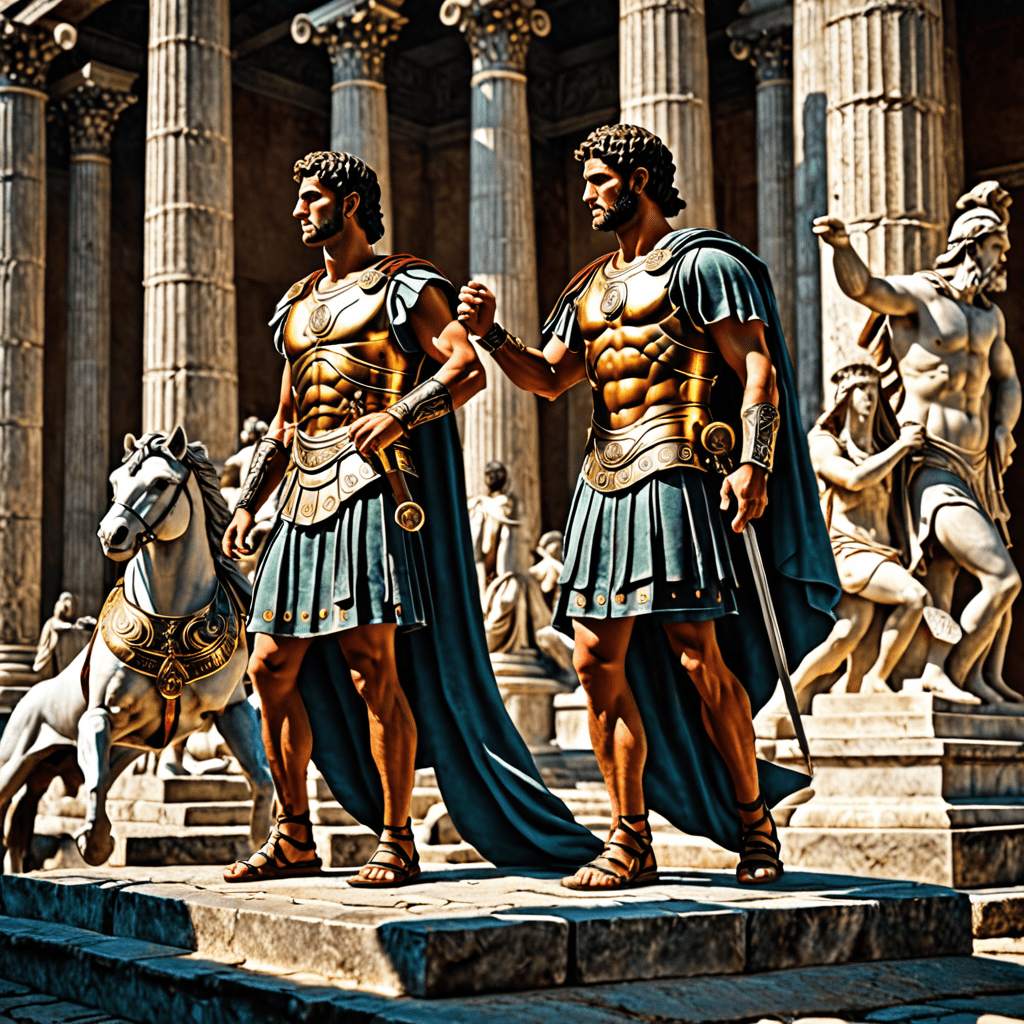The Concept of Strength and Resilience in Norse Mythology
In Norse mythology, strength and resilience play crucial roles in shaping the values and beliefs of the ancient Norse people. Let’s delve into the significance of these traits as portrayed in Norse myths and legends.
What Role Does Strength Play in Norse Mythology?
Strength is a revered trait in Norse mythology, embodying not just physical power but also mental and emotional fortitude. Gods like Thor, known for his unmatched physical strength wielded through his mighty hammer Mjölnir, exemplify the importance of physical prowess in Norse culture. However, strength in Norse mythology also encompasses inner strength, determination, and valor in the face of challenges, as seen in figures like Tyr, known for his unwavering courage even when facing overwhelming odds.
How is Resilience Portrayed in Norse Mythology?
Resilience is a core aspect of Norse mythology, depicted through tales of gods and heroes overcoming adversity and persevering in the toughest of circumstances. The story of Baldur’s death and eventual resurrection highlights the theme of resilience, showcasing the undying spirit and ability to bounce back from tragedy that is celebrated in Norse culture. Additionally, the concept of Ragnarök, the apocalyptic event in Norse mythology, underscores the resilience needed to endure and rebuild in the face of destruction.
Legendary Figures of Strength and Resilience
Numerous legendary figures in Norse mythology embody the ideals of strength and resilience. The mighty Valkyries, fierce warrior women who choose the bravest fallen warriors to join Odin’s army in Valhalla, symbolize both physical strength and unwavering resolve. Similarly, figures like Freyja, the goddess of love and war, demonstrate a unique blend of strength, resilience, and compassion in their actions and decisions.
The Legacy of Strength and Resilience in Norse Culture
The concepts of strength and resilience portrayed in Norse mythology have left a lasting impact on Nordic culture and heritage. These values continue to inspire individuals to face challenges with courage, endurance, and the conviction that even in the darkest of times, one can find the strength to persevere. By embodying these ideals, modern-day enthusiasts of Norse mythology enrich their lives with a powerful reminder of the enduring spirit of strength and resilience.
FAQ About the Concept of Strength and Resilience in Norse Mythology
What does strength symbolize in Norse mythology?
In Norse mythology, strength represents not only physical power but also inner fortitude, courage, and resilience in the face of challenges. Characters like Thor embody physical strength, while others like Odin showcase wisdom and mental prowess.
How is resilience depicted in Norse mythology?
Resilience in Norse mythology is often portrayed through the endurance of hardships and the ability to overcome adversity. Characters like the god Baldur, who faces multiple challenges and rises above them, exemplify resilience in the face of difficult circumstances.
Can strength and resilience coexist in Norse mythology?
Yes, in Norse mythology, strength and resilience often go hand in hand. Characters like the goddess Sif exemplify this combination, showing both physical strength and the ability to bounce back from setbacks. This duality is celebrated as a crucial aspect of Norse heroism and mythological prowess.
How do Norse myths inspire individuals to embody strength and resilience?
Norse myths serve as powerful narratives that inspire individuals to tap into their inner strength and resilience. By showcasing gods and heroes who face insurmountable odds yet emerge victorious, these stories encourage individuals to persevere in the face of difficulties and embody the qualities of strength and resilience in their own lives.



